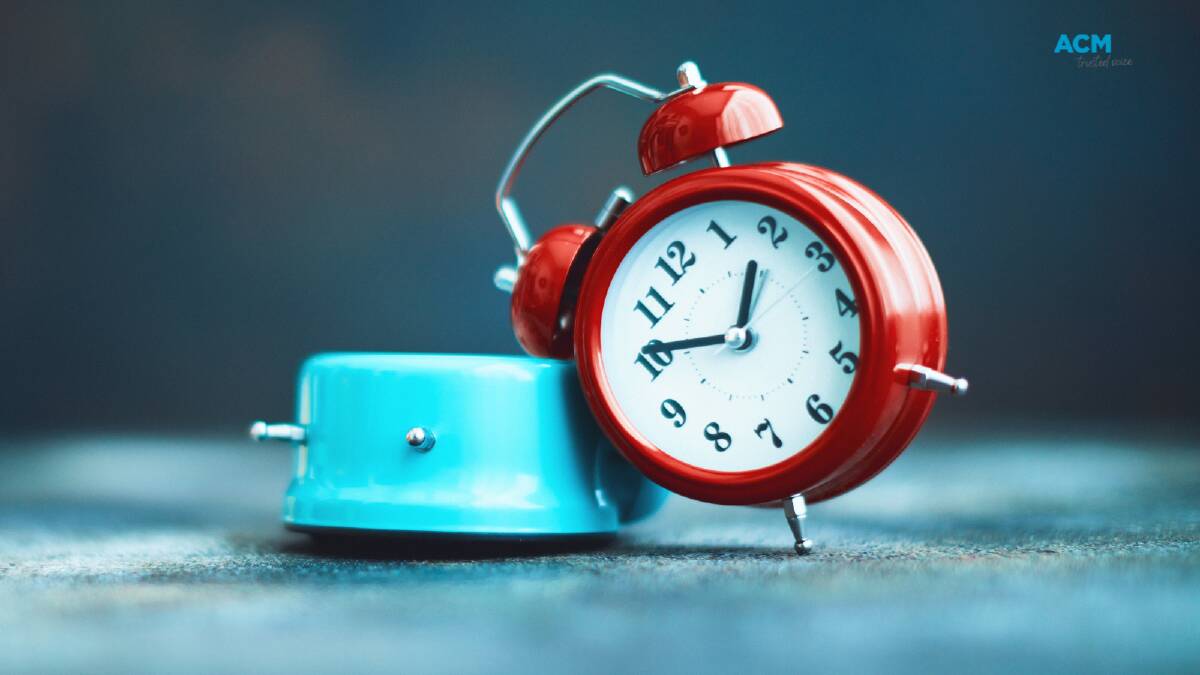Get ready to wind the clocks back as daylight saving time ends on April 2 in Victoria, NSW, South Australia, Tasmania and the ACT.
Subscribe now for unlimited access.
$0/
(min cost $0)
or signup to continue reading
The clocks will be turned back one hour at 3am giving us an extra hour of sleep.
The concept for daylight saving originated in New Zealand in the 1890s when a post office worker and amateur entomologist (insect scientist) proposed the idea of changing the clocks to increase periods of daylight leisure in the evening after work.
George Hudson is credited with the idea, which is used in at least 70 countries and impacts approximately 1.6 billion people worldwide.
According to the Sleep Health Foundation, turning the clocks back one hour isn't nearly as disruptive to our bodies as putting the clocks forward at the beginning of daylight saving in spring.
This is because the body's circadian rhythm operates on a slightly longer than 24-hour cycle and so being able to extend our day by going to bed later in the evening is easier than having to shorten our day.
Digital clocks, including on your mobile, will change automatically but manual clocks will need to be wound back an hour on Sunday.
Originally employed in Australia as a way to help save energy costs during WWI, today Australian states and territories decide if they want to observe daylight saving.

In 1992 Queenslanders voted "no" to a referendum proposing the introduction of daylight saving in the sunshine state.
Thirty years later, Brisbane's lord mayor said it was time to bring Queensland into synchronicity with the southern states and have a fresh vote on whether to implement the time change.
Daylight saving has been trialled several times in WA and the state has held four referendums on the issue, the most recent in 2009 when voters rejected the proposal.
It raised its head in the west again this year when Daylight Savings Party leader Wilson Tucker drafted a bill that would align WA with NSW, Victoria, South Australia, Tasmania, the ACT and Norfolk Island during the summer months.
IN OTHER NEWS:
In recent years research has highlighted the disruption to our body clock caused by getting up an hour earlier may have significant health related repercussions, including a higher incidence of depression.
Studies have also shown that your risk of having a heart attack increases in the two weeks after the changeover.


